Discover the pros and cons of gas, solar, electric and heat-pump hot water systems. Find the right system for your home so you can save energy and cut bills.
How upgrading old household appliances could save you money
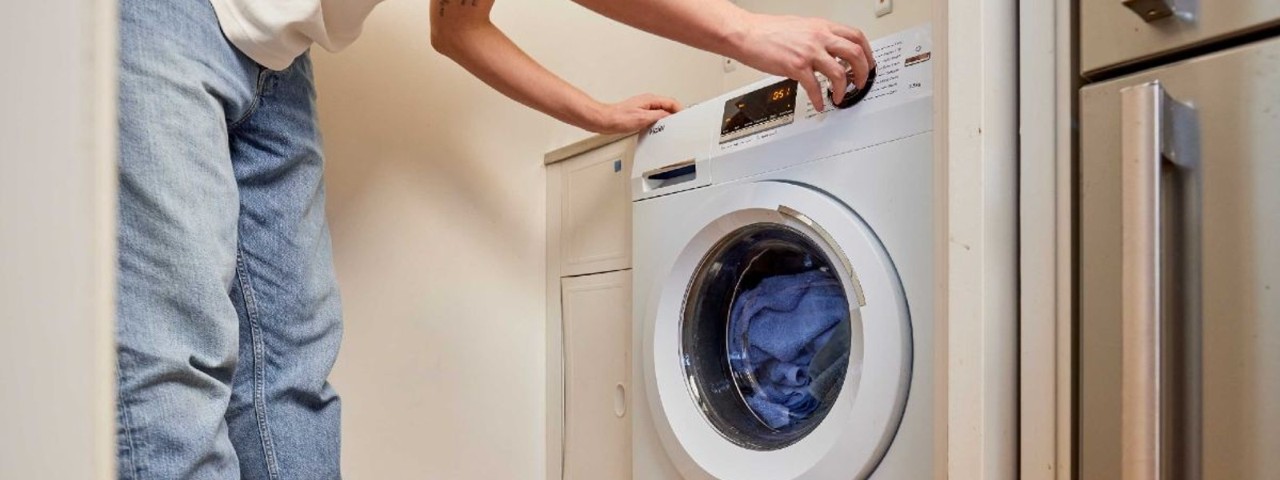
Advances in energy efficiency and the availability of government rebates mean upgrading your household appliances could actually save you money.
When you consider that whitegoods, heating and cooling, and water heating account for the bulk of the average household’s energy bills, the extra cost of running ageing appliances can quickly mount up.
In some cases, it might be more cost effective to upgrade to a more energy-efficient model that could help reduce montly energy bills, especially when you consider that electricity costs are predicted to continue rising.
RACV Head of New Energy Projects, Tanya Schulze, says common household appliances have come a long way in terms of energy efficiency over the past decade. Factor in government rebates that reward upgrading to new energy-efficient models, and it might be time to take a long hard look at those trusty old appliances and consider whether it’s worth upgrading to something new.
Along with new appliances, shop around to find an energy provider with a simple, affordable energy plan that best suits the needs of your household.
Six common household appliances worth upgrading
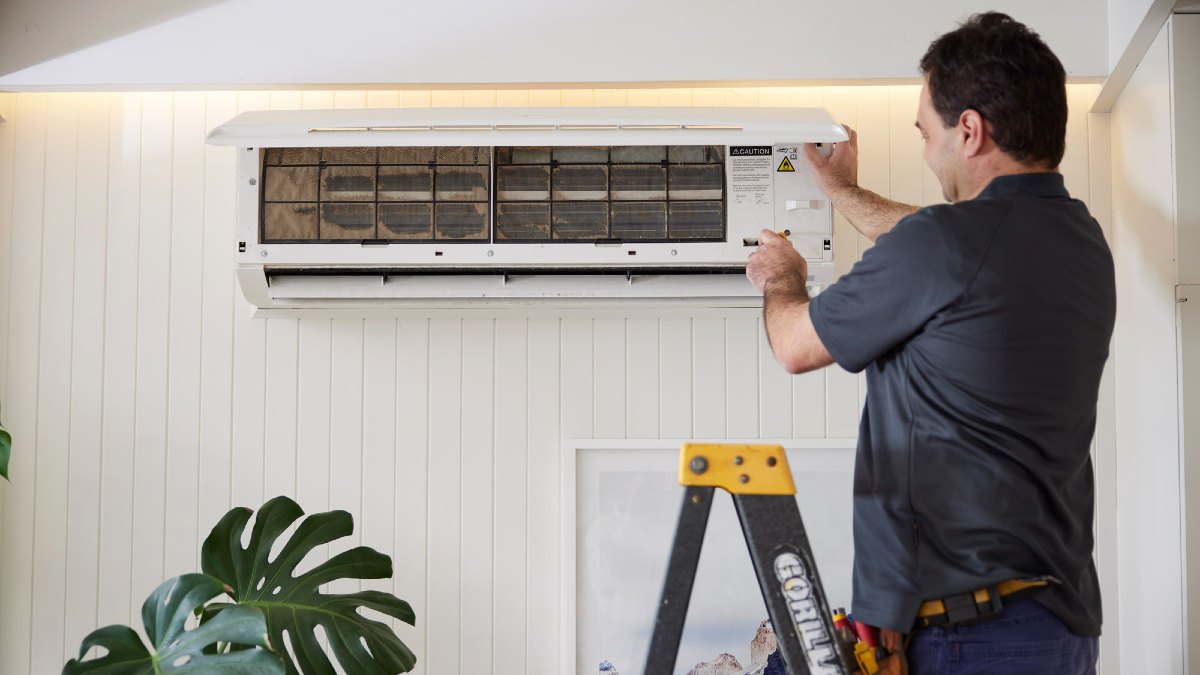
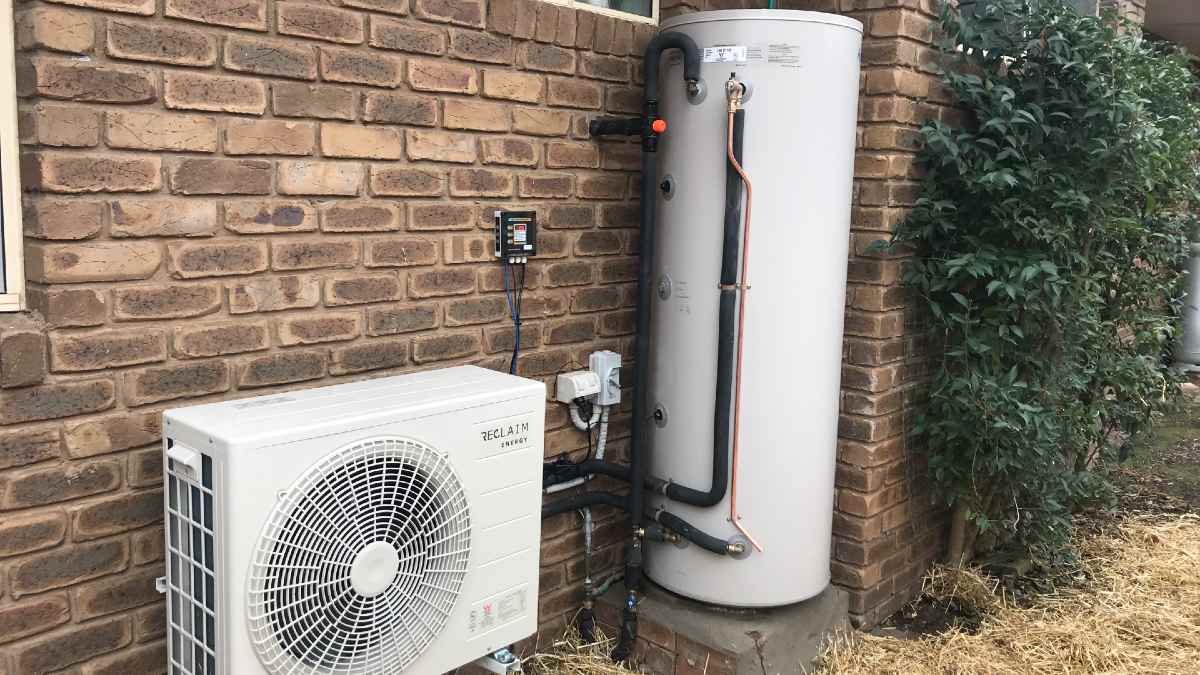
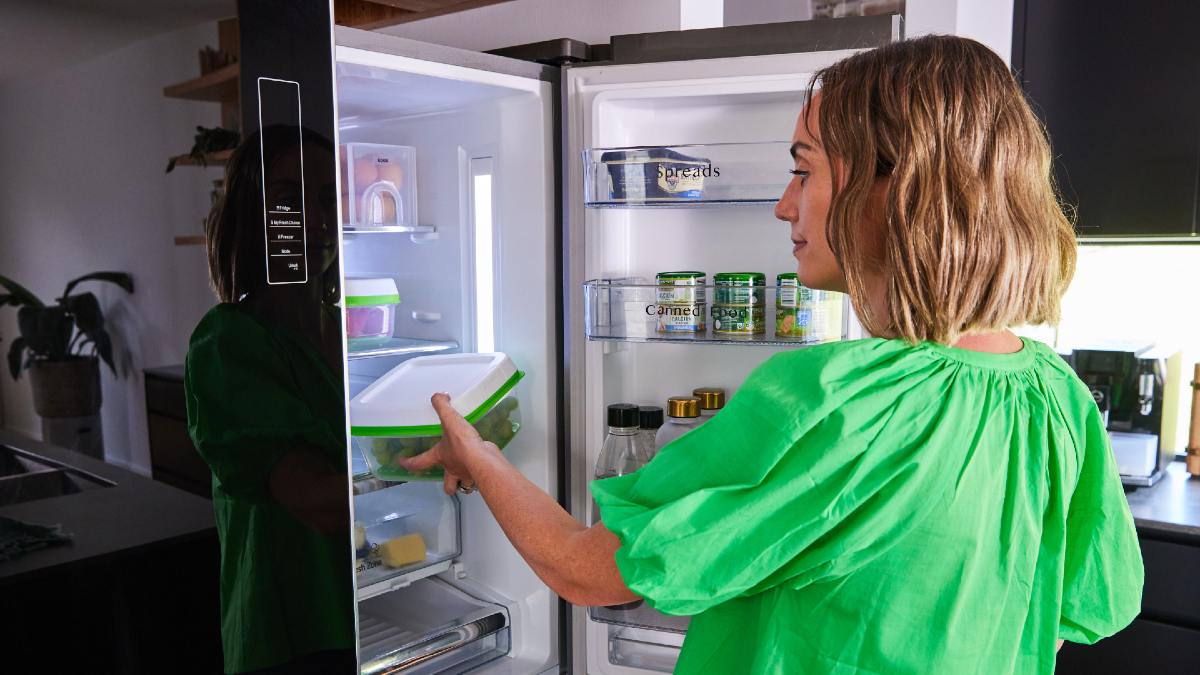
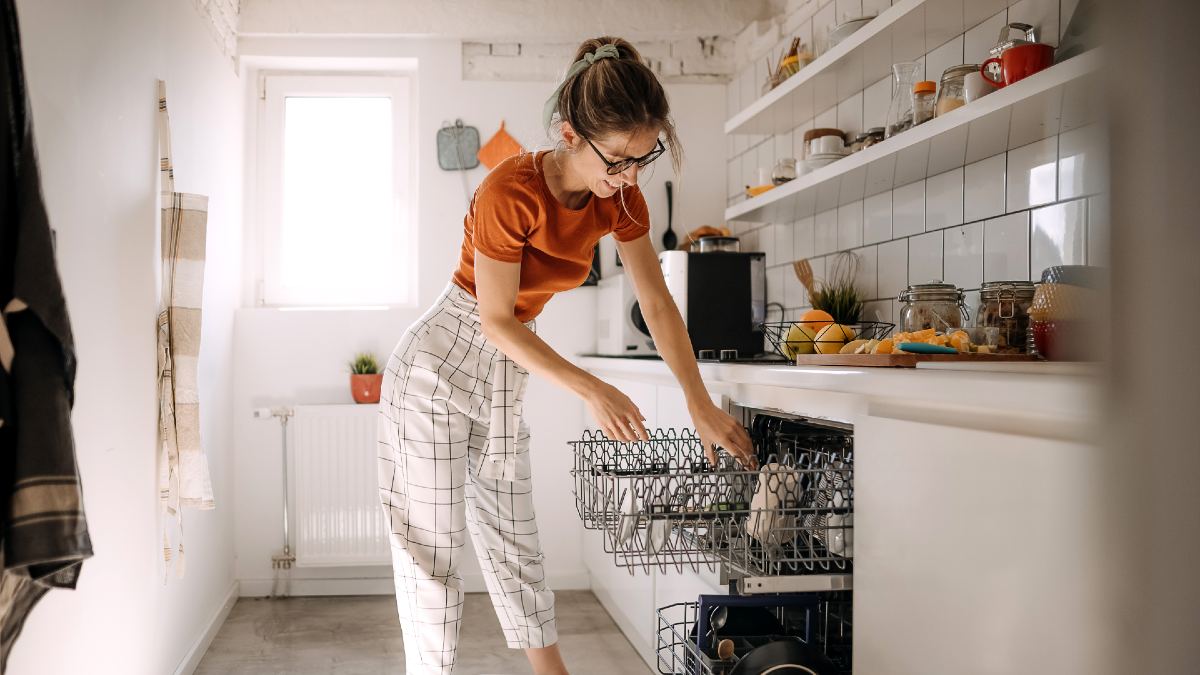
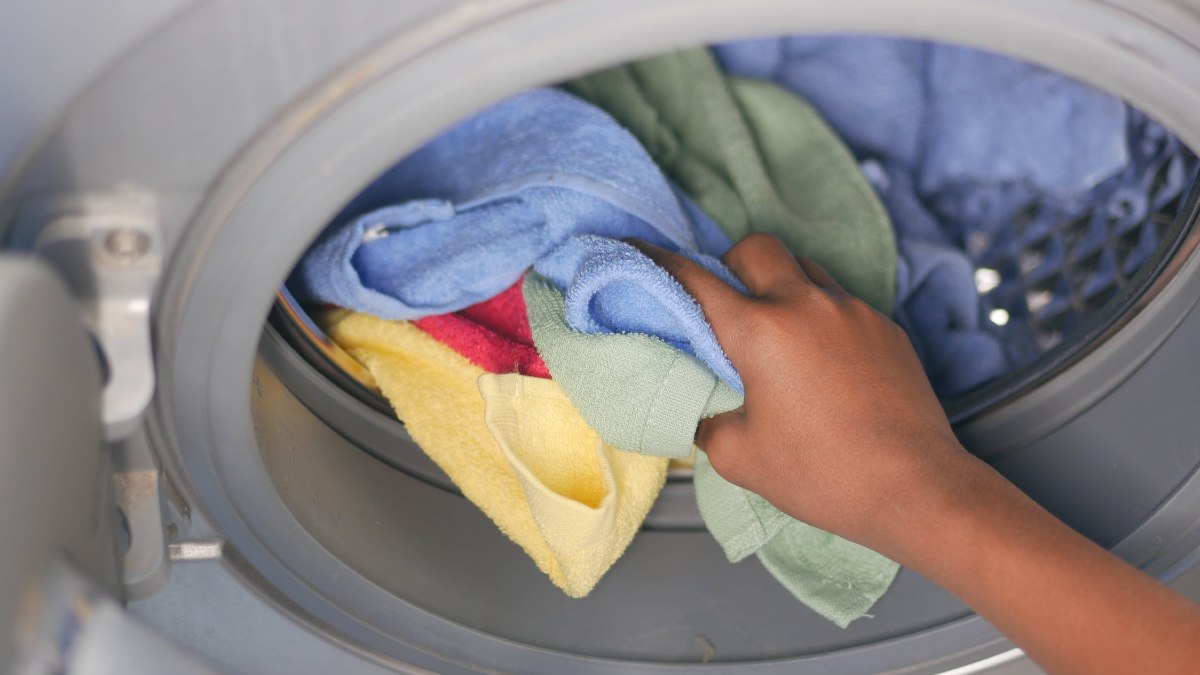
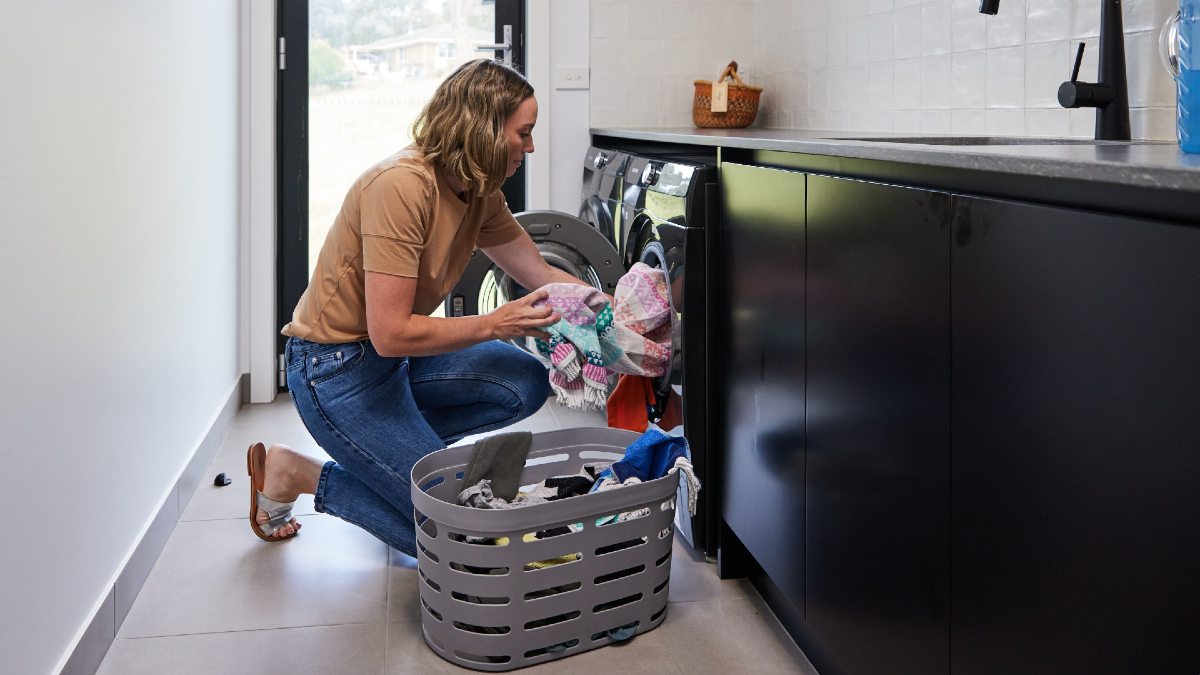
How to save extra money on energy
Many new household appliances come equipped with smart technology that can help deliver further savings, especially if you have rooftop solar. For example, you can use your smartphone to turn on the dishwasher remotely during the day to run it off solar power, or turn on the air conditioner to pre-cool the house before you get home.
When choosing a new appliance, always check the Energy Rating Label and choose the model with the highest number of stars within your budget. If you want to estimate how much an appliance will cost to run, multiply the energy consumption figure on its Energy Rating Label by your electricity tariff (cents/kWh).
Read about hidden energy users in your home for more tips on how to conserve energy. For example, standby mode on your computer or games console still consumes electricity, so turn these energy hogs off at the wall.
In addition, one of the best ways to save extra money on your energy bill is to shop around for an energy supplier that best suits your household.
*6kg load capacity dryer run an average of three times per week. Source: Sustainability Victoria


